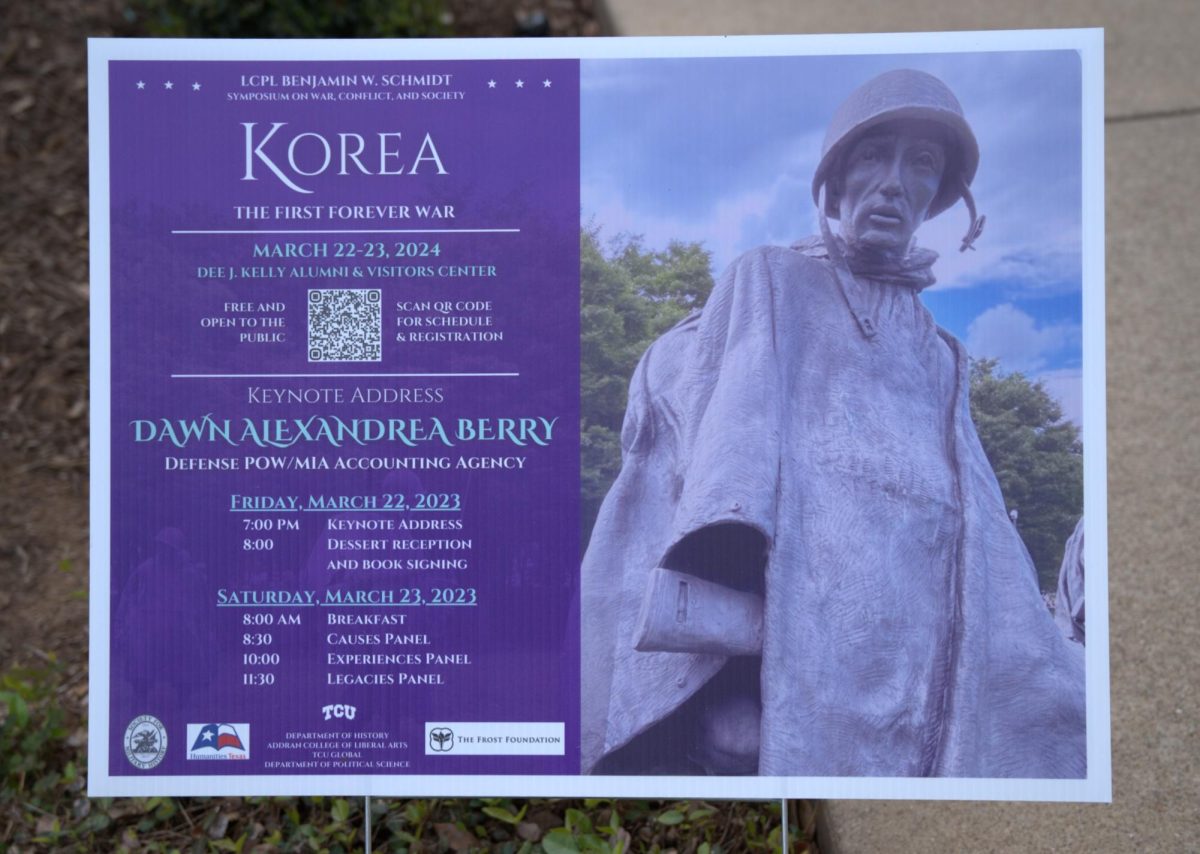English and writing majors will have the opportunity to win a full scholarship for a maximum of two years by submitting a portfolio of unpublished work, said Daniel Williams, an English professor.
The Sandra Brown Excellence in Literary Fiction (ELF) Scholarship has been awarded to students on campus since 2008. One student receives the scholarship each fall, Williams said. Sandra Brown was an English student during her time at the university and is now an author with multiple books on the New York Times Best Sellers list.
In order to apply for the scholarship, students must be English or writing majors and have a sophomore standing, Williams said. Students may also have a double major in English or writing.
Students must submit a portfolio containing 50 to 70 pages of unpublished original fiction, such as short stories, must be submitted along with an introduction that discusses the student's goals and works and two sealed letters of recommendation, Williams said.
Portfolios are reviewed by a panel of faculty and local writers who choose the best three or four portfolios, Williams said. Those selections are then sent out to different professional writers around the country to help choose the winner.
“The reviewers do not receive any information about the students,” Williams said. “They make the final selection solely based on the quality of the writing.”
Applications for the ELF scholarship are due in hard copy form at 5 p.m. on Nov. 16 in Reed Hall 314.
The winner of last year's scholarship, Nickie Vogt, offered her advice for students interested in applying.
“I always suggest submitting things that truly reflect what you want to write about,” Vogt said. “Don't change who you are and what you write because you know others will be reading your work and you want to cater to them.”
Bill Hamlett, the 2011 winner, recalled his reaction when he won the scholarship.
“It really just felt good to be recognized by the community and by professors and to know that people were reading me,” Hamlett said. “I think it’s really important to be read by people because I feel like stories happen between a writer and a reader so if there’s only a writer then it’s only half finished.”





